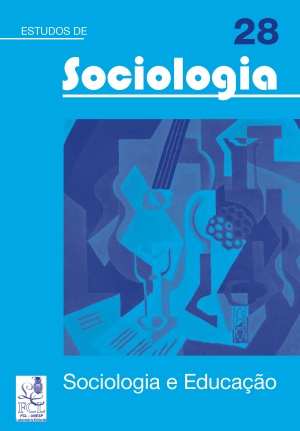Ampliação do sistema de Ensino Superior nas sociedades contemporâneas no final do sec. XIX: os modelos de mercatilização e diferenciação institucional – o caso brasileiro
Palavras-chave:
Diferenciação institucional, Gerencialismo, Desigualdade, Ensino superior, Sistema terciário, Mercado, Mercantilização,Resumo
Este artigo discute a abertura do sistema de ensino superior no Brasil à luz dos modelos de política pública utilizados na sociedade contemporânea para ampliação do sistema de ensino superior nestas sociedades. O argumento central do artigo é que estes modelos, aqui denominados de “Mercantilização e Diferenciação”, ampliaram signifi cativamente as chances de acesso ao ensino superior dos segmentos mais pobres das sociedades ocidentais, mas, ao mesmo tempo, preservaram o caráter elitista das universidades tradicionais de pesquisa e ensino. Esta política de expansão produziu um sistema de ensino superior com acesso estratifi cado por classe social. No caso brasileiro, embora o padrão institucional de diferenciação tenha sido distinto do europeu ou americano, suas conseqüências em termos de estratifi cação do acesso, tem sido semelhante ao padrão internacional.
Downloads
Downloads
Publicado
Como Citar
Edição
Seção
Licença

À revista Estudos de Sociologia ficam reservados os direitos autorais pertinentes a todos os artigos nela publicados.
Os artigos publicados e as referências citadas na revista Estudos de Sociologia são de inteira responsabilidade de seus autores.
A Estudos de Socilogia utiliza a licença https://creativecommons.org/licenses/by/4.0/ (CC BY), que permite o compartilhamento do artigo com o reconhecimento da autoria.



